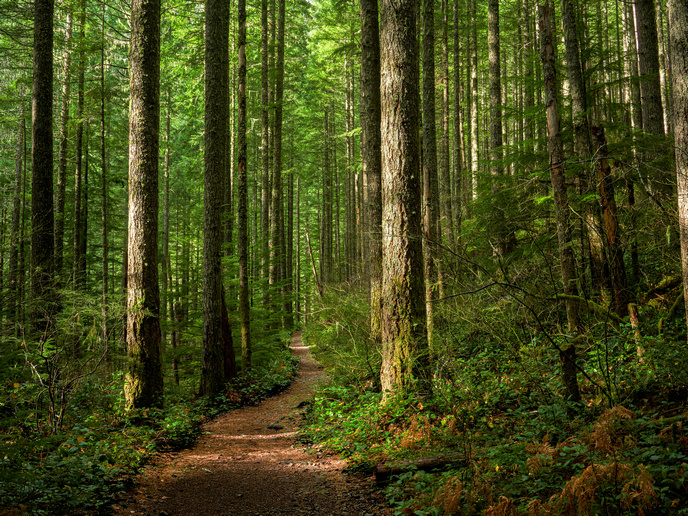Creating green shields for French forest biodiversity
The EU-funded SUPERB project is striving to restore thousands of hectares of forest across Europe. One of these sites is the Aquitaine region in south-western France, where SUPERB is creating a green shield to enhance the landscape’s biodiversity and shore up its defences against natural calamities. With its 1 million hectares of planted pine forests, Aquitaine plays a vital role in the local economy. These pine plantations – of which the vast majority are private – have long thrived from prudent management. However, monocultures do not foster biodiversity, which makes them less resilient. As a result of this, and with Aquitaine being one of France’s warmest regions, the trees have become vulnerable to windstorms, wildfires and pest outbreaks. To demonstrate how we can increase forest resilience against these dangers, SUPERB has been planting a network of mixed broadleaved hedges along the borders of pine plantations across a 20 000-hectare pilot landscape in the Aquitaine region. “For generations, locals had employed top-notch forest management techniques, yielding high returns. But the forest and its wood-based economy are now under threat,” writes Prof. Madga Bou Dagher of SUPERB project coordinator European Forest Institute, Finland, in an article published in ‘The Conversation’. Comparing a 2008 visit with the week she and over 100 experts from the project spent at the site in April 2023, she describes how “relentless production had depleted the soil and flora” over time. “The climate was also growing more arid by the day. Landowners complained of increasingly frequent natural calamities,” she notes.
Hedges to revive nature
Over the past few months, SUPERB has being planting 10-km-long hedgerows across the 20 000 hectares to connect clusters of existing broadleaf species, such as oak. This will create a physical barrier to enhance forest resilience to pests, diseases and other threats caused by global warming. “To revive dull, homogeneous nature, one typically has to mess it up, or at least according to our human eyes. At several levels: that of the landscape, by ensuring that forests, pastures and agricultural land rotate and balance one another out; at the species level, so that a multitude of trees, shrubs, and herbs can provide shelter for wildlife; and at the population level, where even large numbers of trees of the same species can react differently to environmental challenges, thereby maximising their survival chances,” explains Prof. Bou Dagher. Aquitaine is one of the SUPERB project’s 12 pilot sites located in 12 countries across Europe, each representing its own set of challenges. These demo areas range from woods in Castile and León in Spain to the alpine landscapes of the Vindelälven-Juhttátahkka Biosphere Reserve in Sweden, and from the forests of Nordsjælland and Thy in Denmark down to the Făgăraș mountains in Romania. By restoring these thousands of hectares, SUPERB (Systemic solutions for upscaling of urgent ecosystem restoration for forest related biodiversity and ecosystem services) is contributing to the large-scale restoration of Europe’s forests outlined in the EU’s proposed new Nature Restoration Law. For more information, please see: SUPERB project website
Keywords
SUPERB, forest, restoration, plantation, pine, biodiversity, Aquitaine



